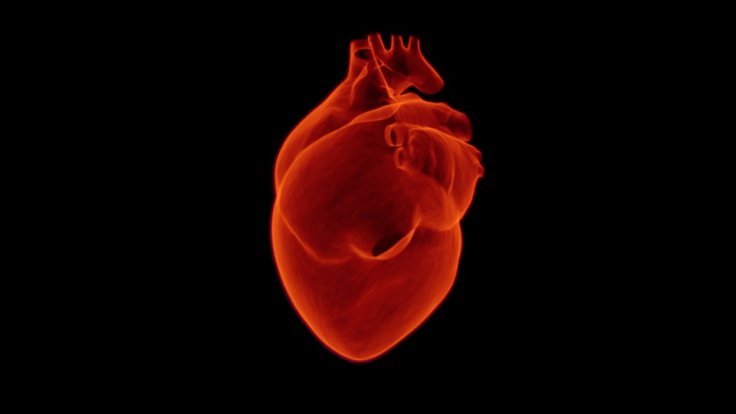A study presented at the ESC Congress 2020 has found that long-term outcomes after a heart attack are better in Premenopausal women. The study also said that men were more likely than women to be prescribed medications to protect against second heart attacks when compared to women.
Diego Ardissino, the principal investigator of the study, said in a statement, "Previous research has shown that women are more likely to die after a heart attack than men. Our study shows that this does not hold true before the menopause when women are still exposed to estrogen, a hormone that protects against heart disease."
Second Heart Attacks Less Frequent in Women

The Italian Genetic Study on Early-onset Myocardial Infarction compared outcomes of women and men under 45 who had a heart attack. The study included 2,000 patients (1,778 men and 222 women) who presented to the hospital with a heart attack before the age of 45 at 125 Italian coronary care units between 1998 and 2002. The primary endpoint was a composite of recurrent heart attack, stroke, or death from cardiovascular disease.
During a median follow-up of 20 years, the primary composite endpoint occurred in 25.7 percent of women compared to 37.0 percent of men (hazard ratio [HR] 0.69; 95 percent confidence interval [CI] 0.52-0.91? p=0.01).
When the components of the primary endpoint were analyzed separately, the researchers found that second heart attacks were less frequent in women compared to men (14.2 percent vs. 25.4 percent ? HR 0.53; 95 percent CI 0.37-0.77? p
Smoking (46.5 percent vs. 42.8 percent ), alcohol consumption (65.3 percent vs. 27.4 percent), high blood lipids (62.3 percent vs. 50.7 percent ) and diabetes (7.8 percent vs. 5.4 percent) were more frequent in men compared to women (all p
Men More Likely Than Women to be Prescribed Medications
Professor Ardissino said the better prognosis in premenopausal women compared to men was likely related to different mechanisms behind the heart attacks. Women were more than twice as likely to have healthy arteries than men (36.5 percent vs. 15.4 percent ; p
He said: "In men, coronary events were mostly due to blocked arteries, while in women they had other causes such as coronary dissection which is known to have a more favorable prognosis and a lower risk of recurrence."
At discharge from hospital, men were more likely than women to be prescribed medications to protect against second heart attacks, including beta-blockers, aspirin, and angiotensin-converting enzyme (ACE) inhibitors or angiotensin receptor blockers (ARBs). The likelihood of statin treatment was similar in men and women.
Favorable Long-term Outcomes In Women
Professor Ardissino said: "The disparity in prescribing may be due to the lower burden of coronary artery disease found in women in the study. It could also relate to the general under-prescribing of medication for women compared to men seen in other studies of acute cardiac events."
He concluded: "In contrast to the prevailing literature, women experiencing an early-onset heart attack have favorable long-term outcomes compared to men, despite being prescribed fewer preventive medications."
(With inputs from agencies)








